10 GPTs for Lyric Experimentation Powered by AI for Free of 2025
AI GPTs for Lyric Experimentation are advanced machine learning models, specifically Generative Pre-trained Transformers, designed to assist in the creation, modification, and analysis of lyrics. These tools leverage natural language processing to understand and generate text, making them ideal for tasks in music, poetry, and other lyrical applications. They provide creative solutions by generating original content or suggesting alterations to existing lyrics, thereby playing a pivotal role in the music and entertainment industry by enhancing creativity and efficiency.
Top 9 GPTs for Lyric Experimentation are: Lyric Writer,YourArtist.AI,Chain Lyrics Composer,押韵作词大师,Rap Remix,Rhyming Dictionary,🎵 Song POV lv2.5,Rap Lyricist,Lyrics maker
Lyric Writer
Unleash Your Musical Creativity with AI
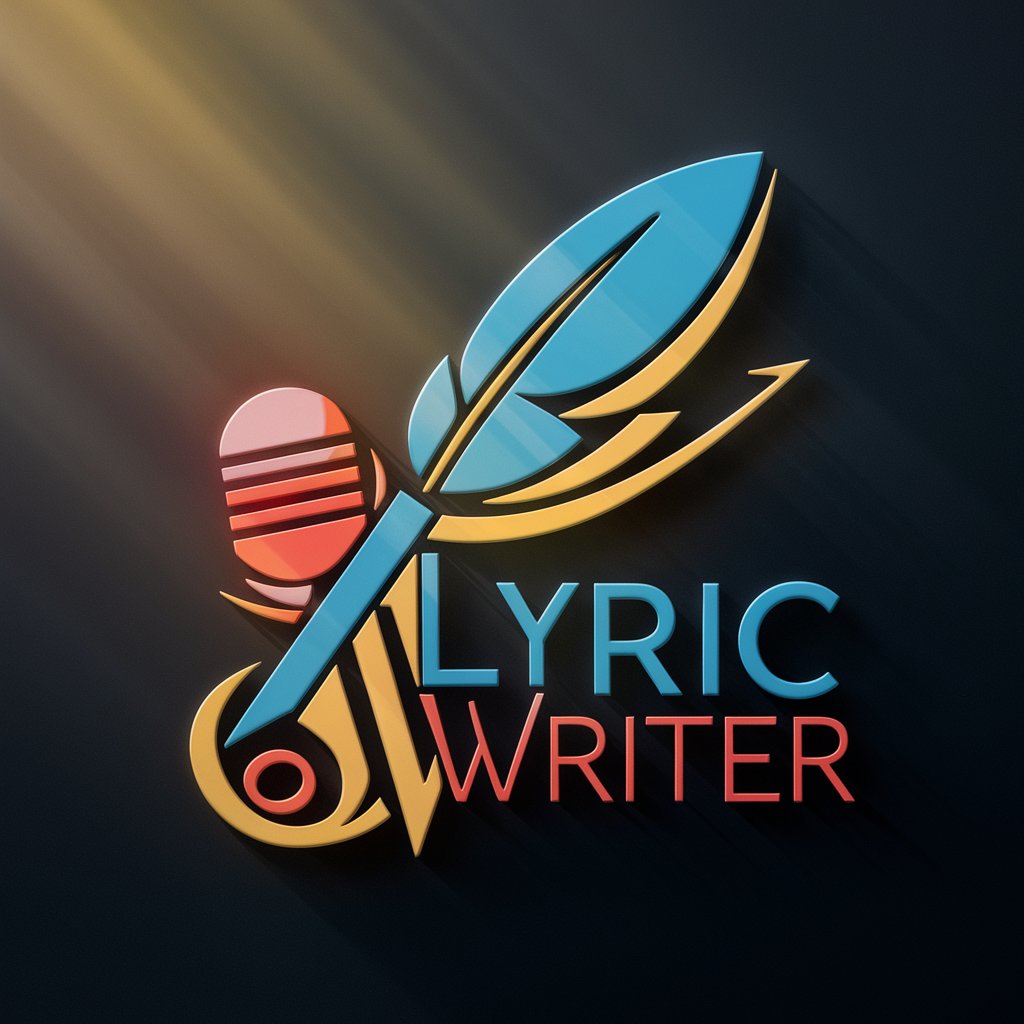
YourArtist.AI
Transforming your words into music with AI.

Chain Lyrics Composer
Compose Songs with AI Precision
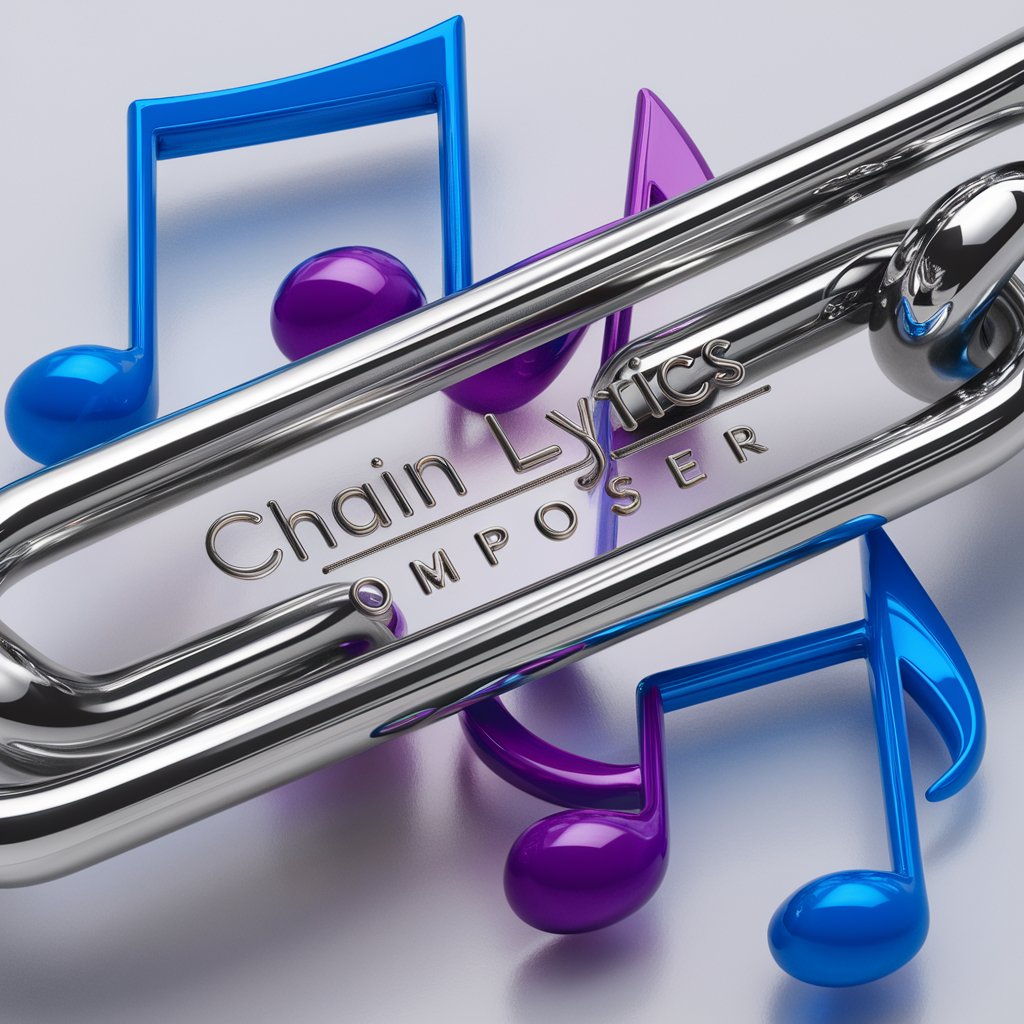
押韵作词大师
Craft Perfect Rhymes Instantly
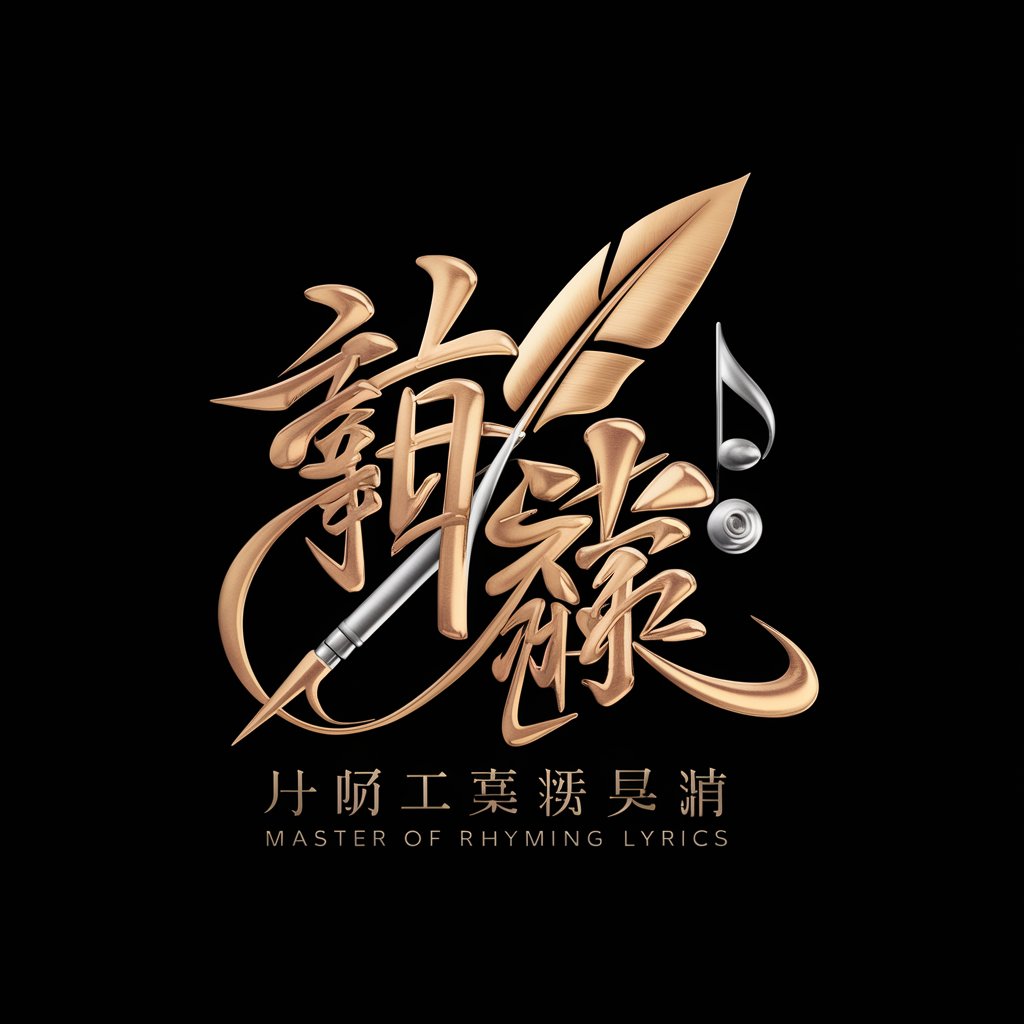
Rap Remix
AI-powered rap style metamorphosis.
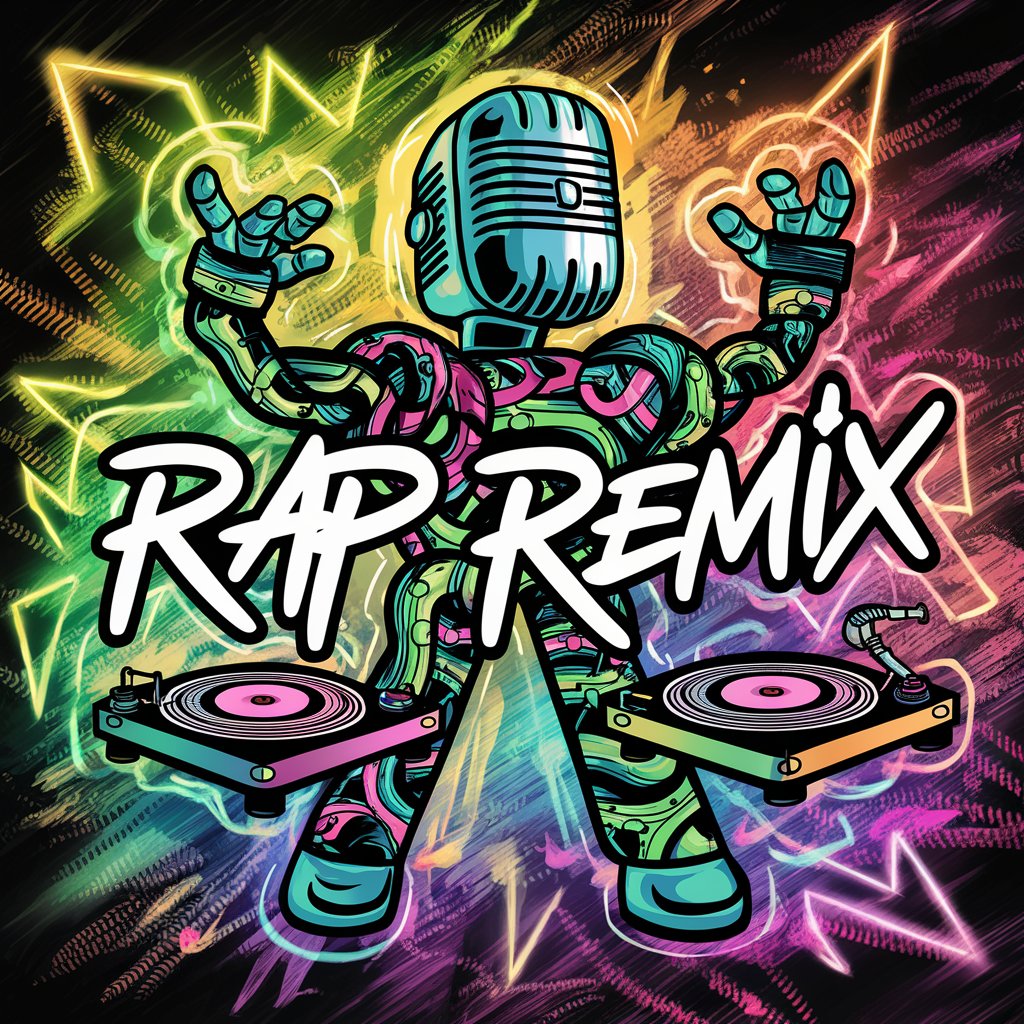
Rhyming Dictionary
Inspire Your Songwriting with AI-Powered Rhymes
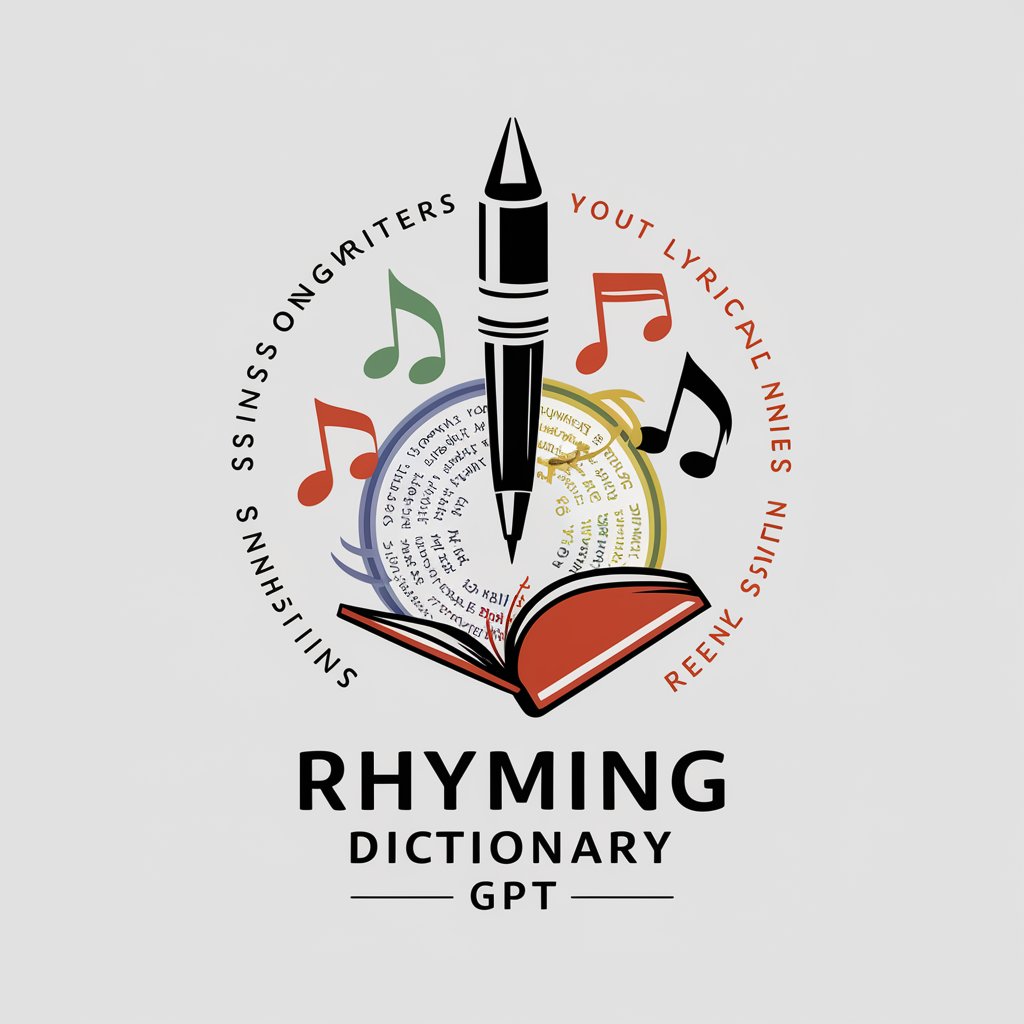
🎵 Song POV lv2.5
Reimagine songs from new perspectives.
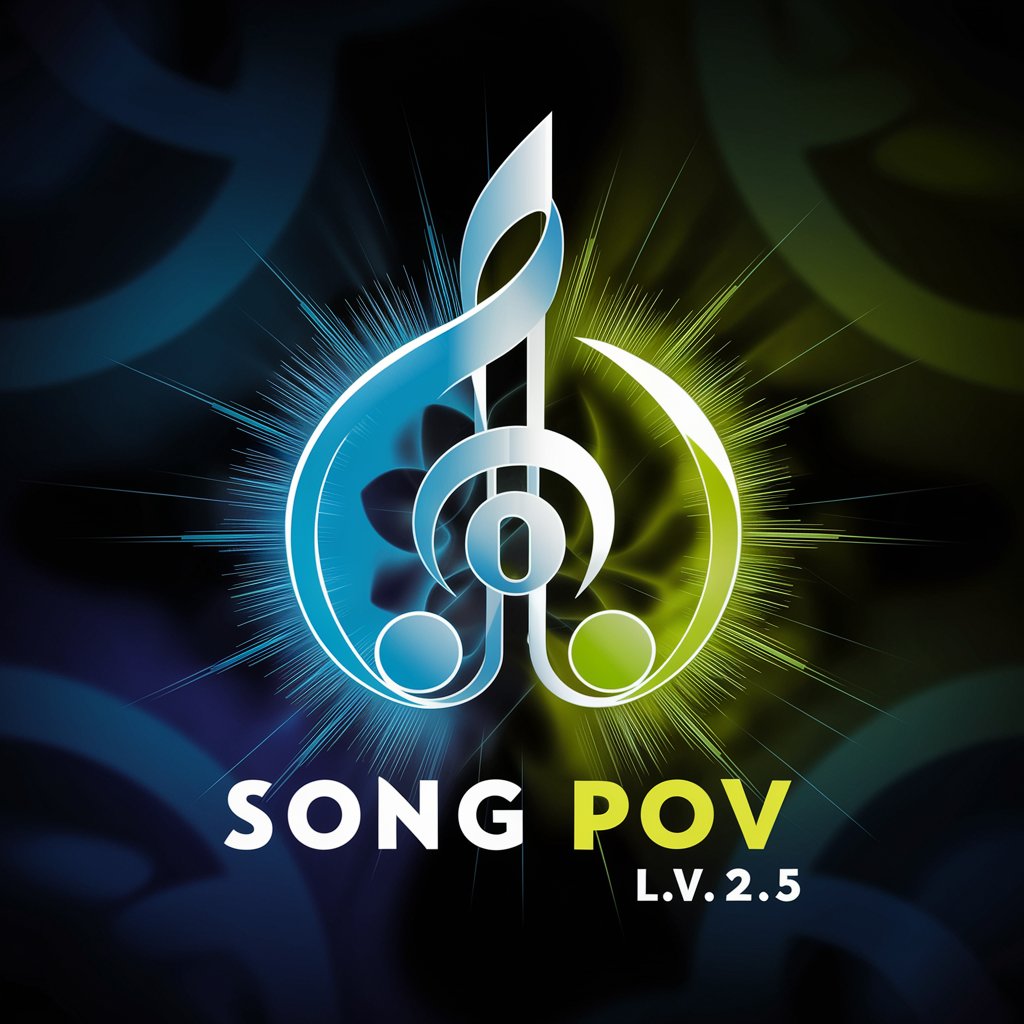
Rap Lyricist
Craft Your Story, Power Your Rhymes
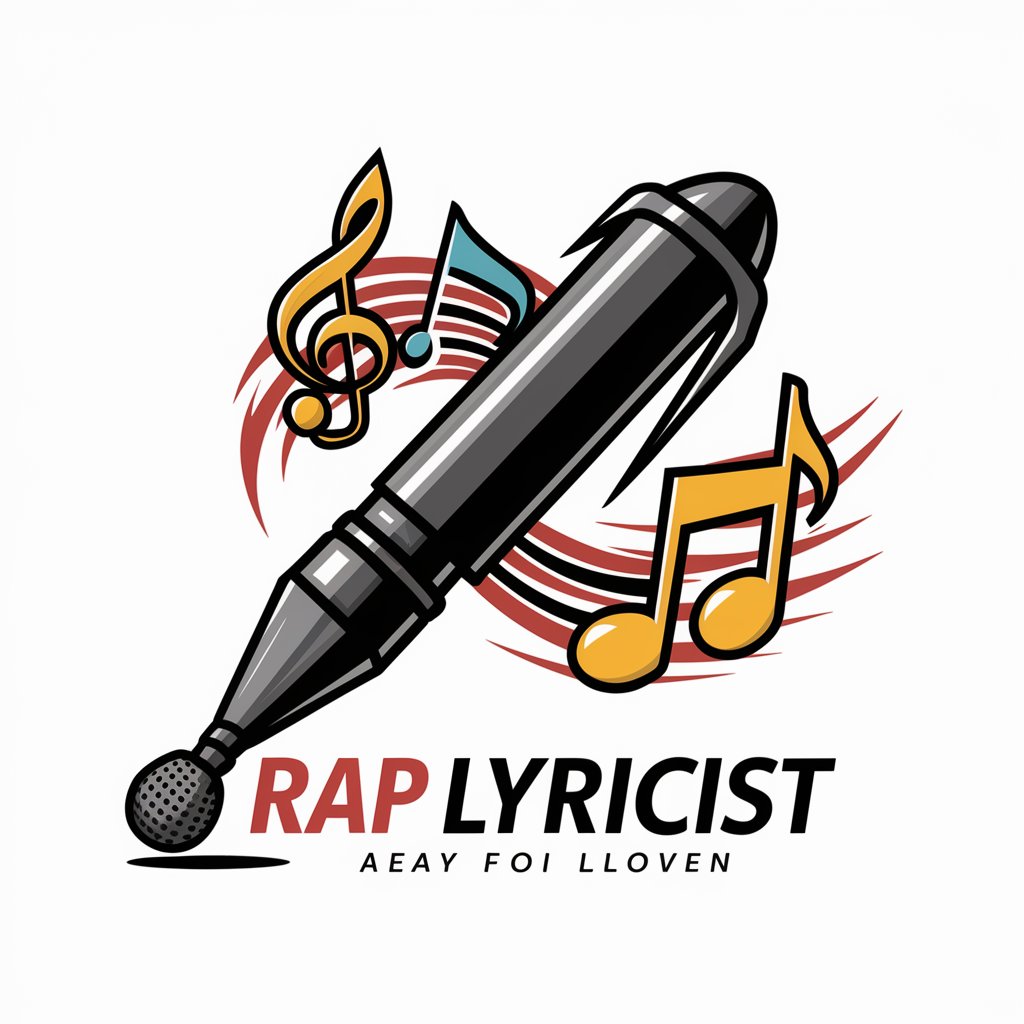
Lyrics maker
Craft Your Song Lyrics with AI
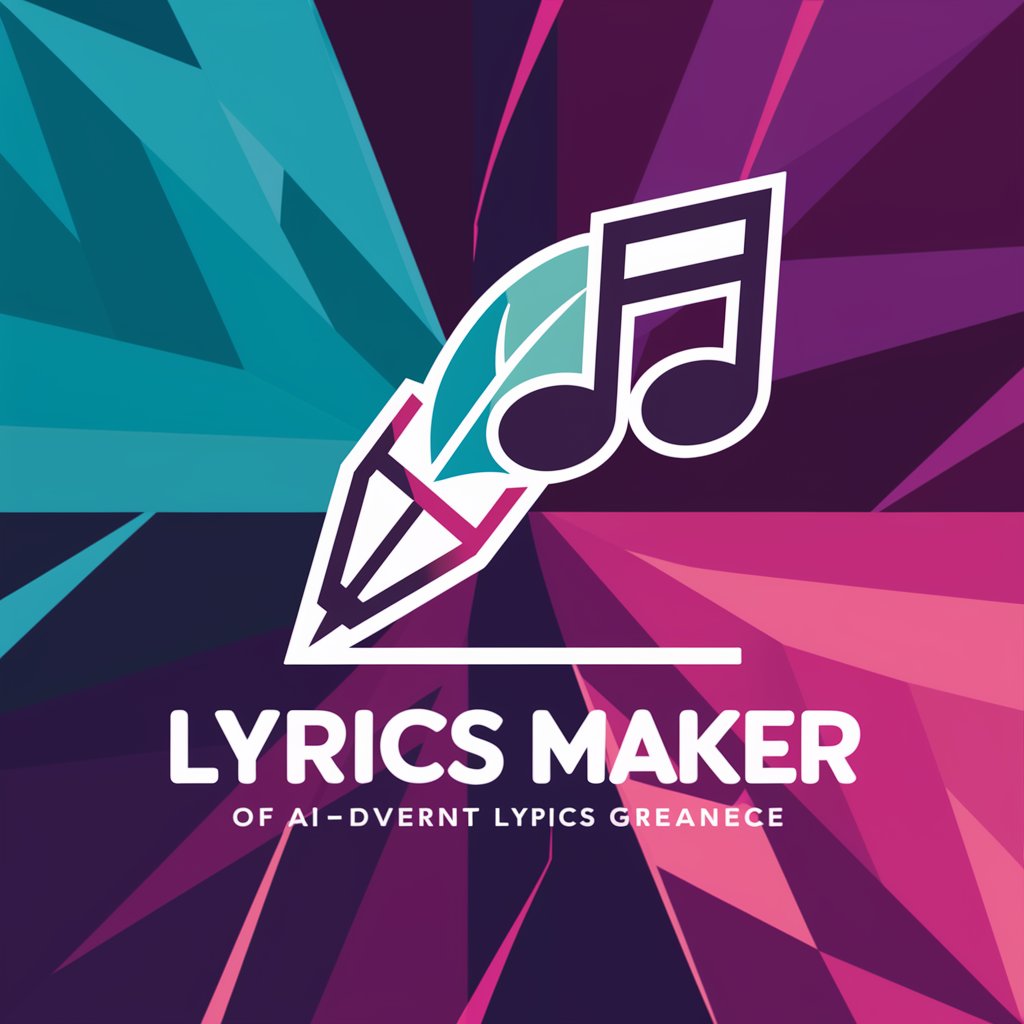
Key Attributes and Functions
AI GPTs for Lyric Experimentation are distinguished by their ability to learn from vast datasets of lyrical content, enabling them to produce text that mimics human-like creativity and complexity. Features include language learning capabilities for diverse linguistic styles, technical support for integrating with music production software, web searching for research and inspiration, image creation for visualizing concepts, and data analysis for understanding lyrical trends. Their adaptability ranges from generating simple rhymes to composing entire songs, tailored to the specific style or theme requested by the user.
Who Benefits from Lyric Experimentation Tools
These AI GPTs tools are designed for a wide array of users, from novices exploring songwriting to seasoned lyricists seeking fresh inspiration. They are also valuable for developers creating music-related applications, offering APIs for custom functionality. The tools are accessible to those without programming skills, featuring user-friendly interfaces, while also providing extensive customization options for those with coding expertise, thus catering to a diverse audience within the music and entertainment sectors.
Try Our other AI GPTs tools for Free
Robotics Research
Explore the transformative potential of AI GPTs in Robotics Research, your gateway to advanced, accessible, and adaptable solutions in the ever-evolving field of robotics.
Physics Simulation
Explore the frontier of physics with AI GPTs for Physics Simulation: your gateway to modeling, analyzing, and visualizing physical phenomena with cutting-edge technology.
Community Contribution
Discover how AI GPTs for Community Contribution are revolutionizing collaborative projects with tailored, AI-driven solutions. From content creation to data analysis, these tools offer adaptable, user-friendly support for communities.
Graphic Novels
Discover AI GPTs for Graphic Novels: revolutionary tools designed to enhance the creation, analysis, and storytelling of graphic novels, making it easier for creators to bring their visions to life.
Imaginative Writing
Explore how AI GPTs for Imaginative Writing are transforming creative expression, offering tools for storytelling, poetry, and scriptwriting with unparalleled adaptability and personalization.
Manga Artwork
Discover how AI-powered GPTs are revolutionizing manga artwork creation, offering tools for artists and enthusiasts to generate, analyze, and innovate within the manga domain.
Expanding Creativity and Efficiency
AI GPTs for Lyric Experimentation not only offer a new frontier for creative expression but also streamline the songwriting process. They facilitate collaboration between humans and machines, leading to innovative outcomes that might not be achievable by humans alone. Furthermore, their integration into existing music production workflows can enhance both the creative process and the final product.
Frequently Asked Questions
What exactly are AI GPTs for Lyric Experimentation?
They are specialized AI tools that use Generative Pre-trained Transformers to assist in creating, modifying, and analyzing lyrics, harnessing the power of natural language processing.
How can these tools enhance lyric writing?
By generating original content, suggesting improvements, and providing insights into lyrical trends, these tools help enhance creativity and efficiency in lyric writing.
Do I need programming skills to use these tools?
No, many of these tools are designed with user-friendly interfaces that do not require programming knowledge, making them accessible to a wide audience.
Can these tools write a complete song?
Yes, some AI GPTs are capable of composing entire songs, including lyrics and melody, based on the input and style specified by the user.
Are there customization options for developers?
Yes, developers can access APIs and other technical resources to customize and integrate these tools into their own music-related applications.
How do these tools learn different lyrical styles?
They analyze vast datasets of songs and lyrics from various genres and periods, learning patterns, styles, and structures to generate diverse lyrical content.
Can AI GPTs generate lyrics in any language?
While many tools are proficient in multiple languages, the range and accuracy may vary. It's recommended to check the specific capabilities of each tool.
What are the ethical considerations of using AI for lyric creation?
Ethical considerations include the originality of content, copyright concerns, and the potential for AI to influence creative industries. Users should be mindful of these factors when leveraging AI for lyrical creation.